Coronavirus: how Britain will be forever changed
Long-term effects of pandemic could include government spending, remote working and lower pollution
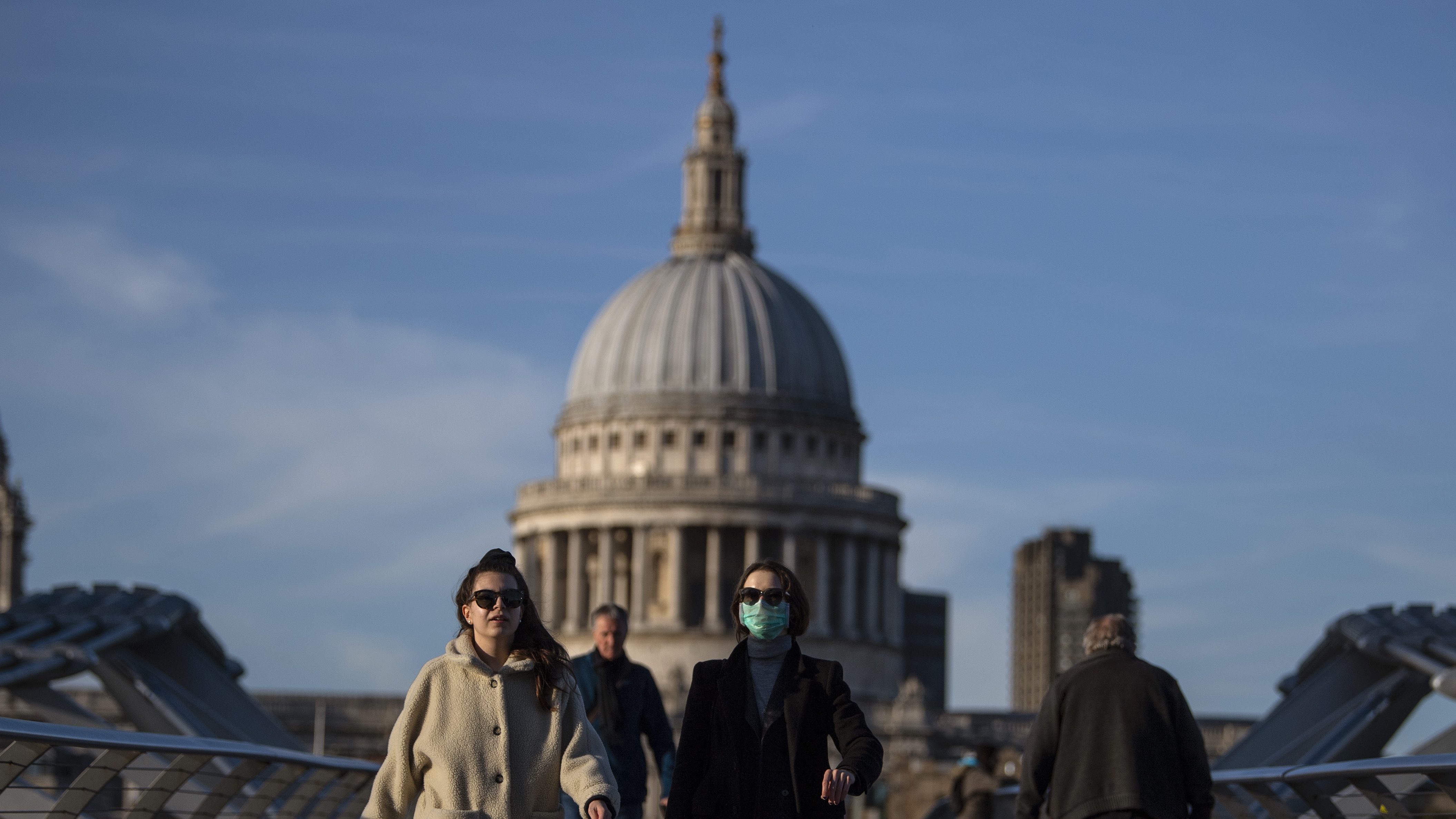
A free daily email with the biggest news stories of the day – and the best features from TheWeek.com
You are now subscribed
Your newsletter sign-up was successful
The coronavirus outbreak is having a drastic effect on everything from the healthcare sector to flexible working and how we socialise – and many of these effects are likely to far outlast the current crisis.
The virus has already reached every corner of the British Isles, impacting not only infected patients but everyone else too as we are asked to change our daily habits and behaviour to slow its spread.
As history professor and writer Yuval Noah Harari and others have noted, the past suggests that some of the emergency policies launched to respond to this crisis are likely to remain in place.
The Week
Escape your echo chamber. Get the facts behind the news, plus analysis from multiple perspectives.

Sign up for The Week's Free Newsletters
From our morning news briefing to a weekly Good News Newsletter, get the best of The Week delivered directly to your inbox.
From our morning news briefing to a weekly Good News Newsletter, get the best of The Week delivered directly to your inbox.
So how could Covid-19 change Britain for ever?
Government spending
As George Eaton wrote in the New Statesman last week, “the coronavirus crisis shows the era of big government is back”.
Boris Johnson’s Conservatives are is unrecognisable from the austerity-first Tory Party of the early 2010s. Last week, Chancellor Rishi Sunak announced a £350bn economic stimulus package, as well as a wage bailout plan that is in stark contrast to the spending cuts of the David Cameron/George Osborne years.
A free daily email with the biggest news stories of the day – and the best features from TheWeek.com
The Times reports that even small-state, conservative “diehards” argued that the multibillion-pound spending plan was “simply not going to be enough”, adding that Tory MPs “are lining up for far more radical measures”.
In the same paper, deputy business editor Graham Ruddick says: “The government is offering support for businesses on a scale unimaginable even a week ago.” Pointing to the support for the package from Len McCluskey, general secretary of Unite, Ruddick adds: “A trade union leader praising a Tory government – truly, we live in remarkable times.”
As Ruddick notes, the debate about government intervention in business has traditionally been divided along political lines – the British left being generally in favour and the right against. However, Johnson’s administration – backed by supporters on the right such as Thatcherite economist Patrick Minford – have shown “a greater willingness to intervene”.
As Eaton notes in the New Statesman: “As the world contends with multiple threats, only the much-maligned state can guarantee prosperity and security”.
Health
The coronavirus, while not understood to be at its peak yet in the UK, has highlighted the huge strain under which the NHS operates.
Health Secretary Matt Hancock has today admitted that there have been “challenges” with the supply of personal protective equipment to NHS staff in England.
“I am determined to ensure that the right kit gets to the right hospital, the right ambulance service, the right doctors’ surgery, right across the country,” Hancock says on the BBC. “There have been challenges and I can see that. We’re on it and trying to solve all the problems.”
The statement followed Dr Rinesh Parmar, chair of the Doctors’ Association, telling the BBC’s The Andrew Marr Show that healthcare professionals feel like “cannon fodder” owing to shortages of protective equipment needed to treat coronavirus patients.
The Chancellor announced an additional £5bn to help the healthcare system in his budget, but calls for greater healthcare spending are growing and are unlikely to go away.
As Mariana Mazzucato, professor of economics at University College London, writes in The Guardian, the crisis has put the impetus on the government to “invest in… institutions that help to prevent crises, and make us more capable to handle them when they arise”.
Welfare
With the threat of a global financial crisis akin to the 2008 crash looming, the government has also taken “unprecedented” steps to secure people’s income.
Aside from Sunak’s wage bailout plan, governments around the world are considering the idea of sending direct cash payments to their citizens to support them during the period of self-isolation that has resulted from the spread of coronavirus.
Speaking in the Commons last week, the Prime Minister said such payments – known as universal basic income (UBI) in the UK – would “certainly be considered”.
Long considered a fringe idea spoken about on both the right and left of politics, the idea was popularised by former Democratic presidential candidate Andrew Yang. It is similar to working tax credits in the UK, but avoids the costly administrative burden and complexity of applications and potential tax return-based clawbacks.
Daniel Susskind, an economist from the University of Oxford, told The Telegraph that a temporary UBI in Britain would be the best way of “supporting small businesses, such as pubs and restaurants, that would not benefit from a top-down financial stability package from the Government or Bank of England”.
Johnson has stressed that he is putting the government on a “wartime footing”, however, as The Guardian’s economics editor Larry Elliott notes, the financial shock of the Second World War triggered a string of unexpected consequences.
This, Elliott writes, included an abandoning of old economics, including “enhanced power for trade unions, more progressive taxation and the expansion of welfare states”.
–––––––––––––––––––––––––––––––For a round-up of the most important stories from around the world - and a concise, refreshing and balanced take on the week’s news agenda - try The Week magazine. Start your trial subscription today –––––––––––––––––––––––––––––––
Work
Working from home used to be a rare opportunity for employees with progressive employers, but in recent weeks it has become the new normal.
As the Financial Times reports, the pandemic has compelled companies to embrace flexible working, with “many of Britain’s businesses are going beyond government guidance on the pandemic”.
Ann Francke, head of the Chartered Management Institute, told the paper that this is an “unprecedented” shift, one that could “change the workplace forever”.
Disability campaigners have also noted that the shift towards remote working is something they have been pushing for since well before the virus. Campaigns and mobilisations manager for Scope, Jessica Leigh, told The i: “It shouldn’t take a global health crisis to address these failings.”
Airline industry
Writing on The Conversation, Volodymyr Bilotkach, senior lecturer in economics at Newcastle University Business School and associate editor of the Journal of Air Transport Management, says the “airline industry will wear the scars of the coronavirus pandemic for a very long time”.
Flights have ceased all around the world, with travel bans leading UK airlines to appeal to the government for a multibillion-pound emergency bailout to stop the industry being destroyed.
Bilotkach notes that the industry has “never before seen a shock of this magnitude”, adding that “governments will have to make hard decisions” about how to support the ailing carriers.
These decisions, he suggests, include whether to let the companies fail (resulting in widespread job losses), provide them with a bailout to “help weather the storm”, or nationalise them – as has already happened in Italy – in a further example of the state flexing its muscles.
Environment
As The Guardian reports, the coronavirus pandemic has shut down industrial activity, temporarily slashing air pollution levels around the world.
Satellite imagery from the European Space Agency shows a dramatic reduction in levels of nitrogen dioxide (NO2) over cities and industrial clusters in Europe and Asia, in what one expert described to the paper as the “largest-scale experiment ever” in terms of the reduction of industrial emissions.
Paul Monks, professor of air pollution at the University of Leicester, told the paper: “We are now, inadvertently, conducting the largest-scale experiment ever seen.
“Are we looking at what we might see in the future if we can move to a low-carbon economy? Not to denigrate the loss of life, but this might give us some hope from something terrible. To see what can be achieved.”
Roadside monitors already show significantly reduced levels of pollution at hotspots such as Marylebone in London, with Monks adding that the virus has shown “there is considerable potential to change working practices and lifestyles”.
-
 Crisis in Cuba: a ‘golden opportunity’ for Washington?
Crisis in Cuba: a ‘golden opportunity’ for Washington?Talking Point The Trump administration is applying the pressure, and with Latin America swinging to the right, Havana is becoming more ‘politically isolated’
-
 5 thoroughly redacted cartoons about Pam Bondi protecting predators
5 thoroughly redacted cartoons about Pam Bondi protecting predatorsCartoons Artists take on the real victim, types of protection, and more
-
 Palestine Action and the trouble with defining terrorism
Palestine Action and the trouble with defining terrorismIn the Spotlight The issues with proscribing the group ‘became apparent as soon as the police began putting it into practice’
-
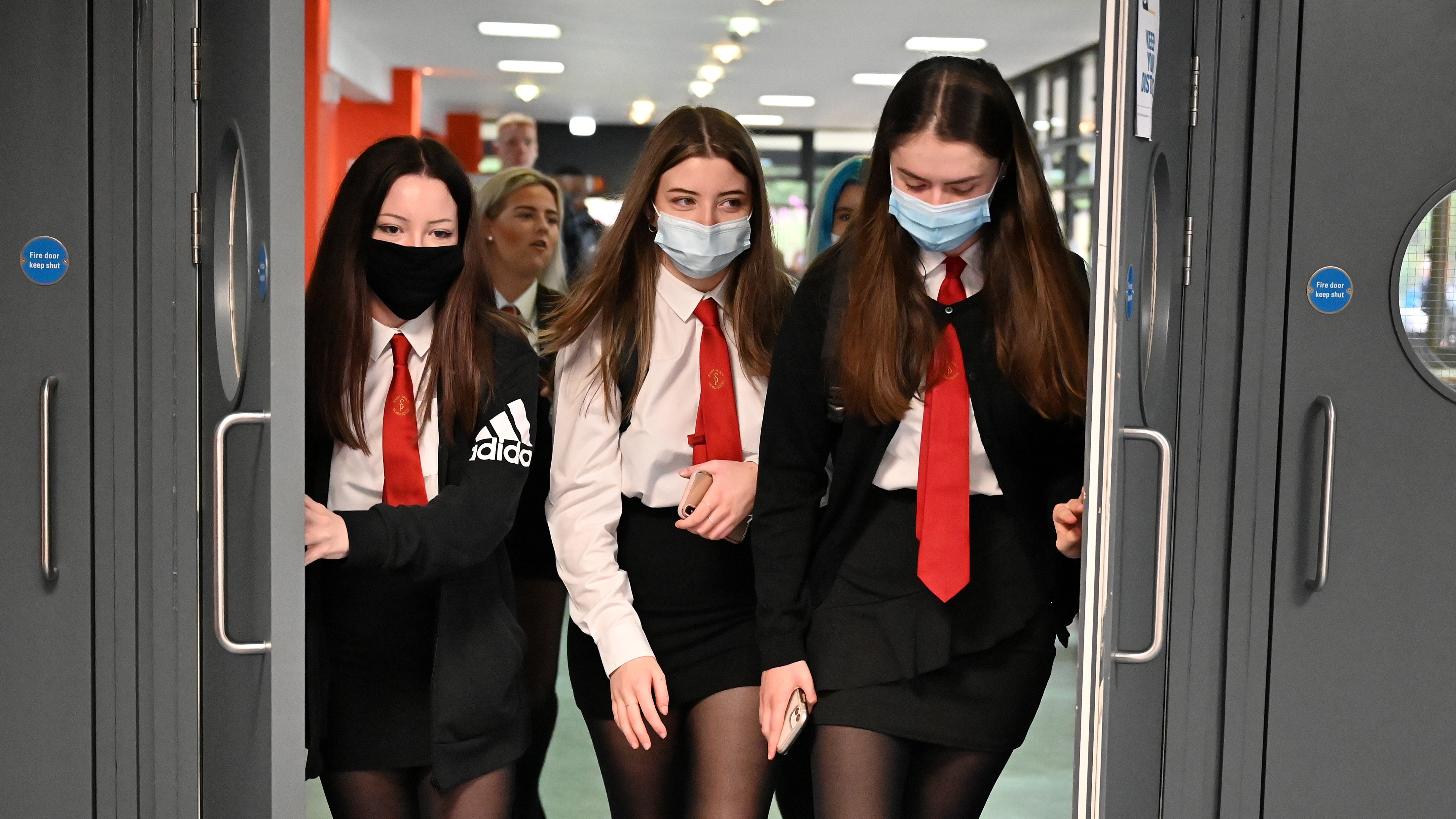 ‘Omicron tidal wave’: will schools be forced to close again?
‘Omicron tidal wave’: will schools be forced to close again?Under the Radar Staff and pupil absences already causing ‘chaos’, headteachers and unions warn
-
 Schools did not become ‘hubs of infection’ during third Covid wave, says study
Schools did not become ‘hubs of infection’ during third Covid wave, says studyfeature Only 0.42% of secondary students tested positive in June
-
 How 100,000 ‘lost children’ disappeared from UK school system
How 100,000 ‘lost children’ disappeared from UK school systemSpeed Read Experts warn that vulnerable pupils may be recruited by gangs after failing to return to education post-lockdown
-
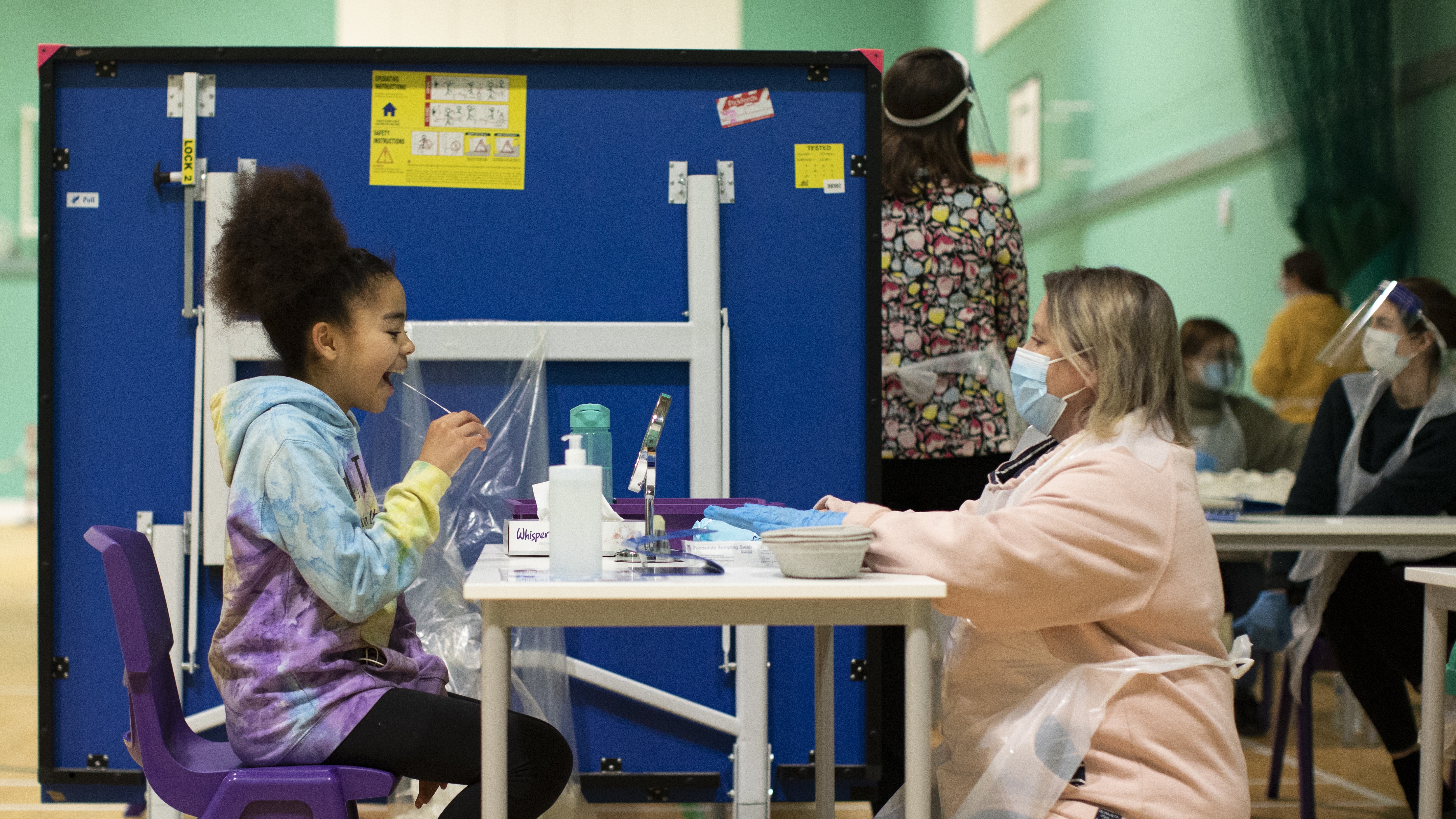 Will false-positive Covid tests slash school attendance?
Will false-positive Covid tests slash school attendance?In the Spotlight Experts fear that thousands of uninfected pupils may be sent home as a result of inaccurate lateral flow testing
-
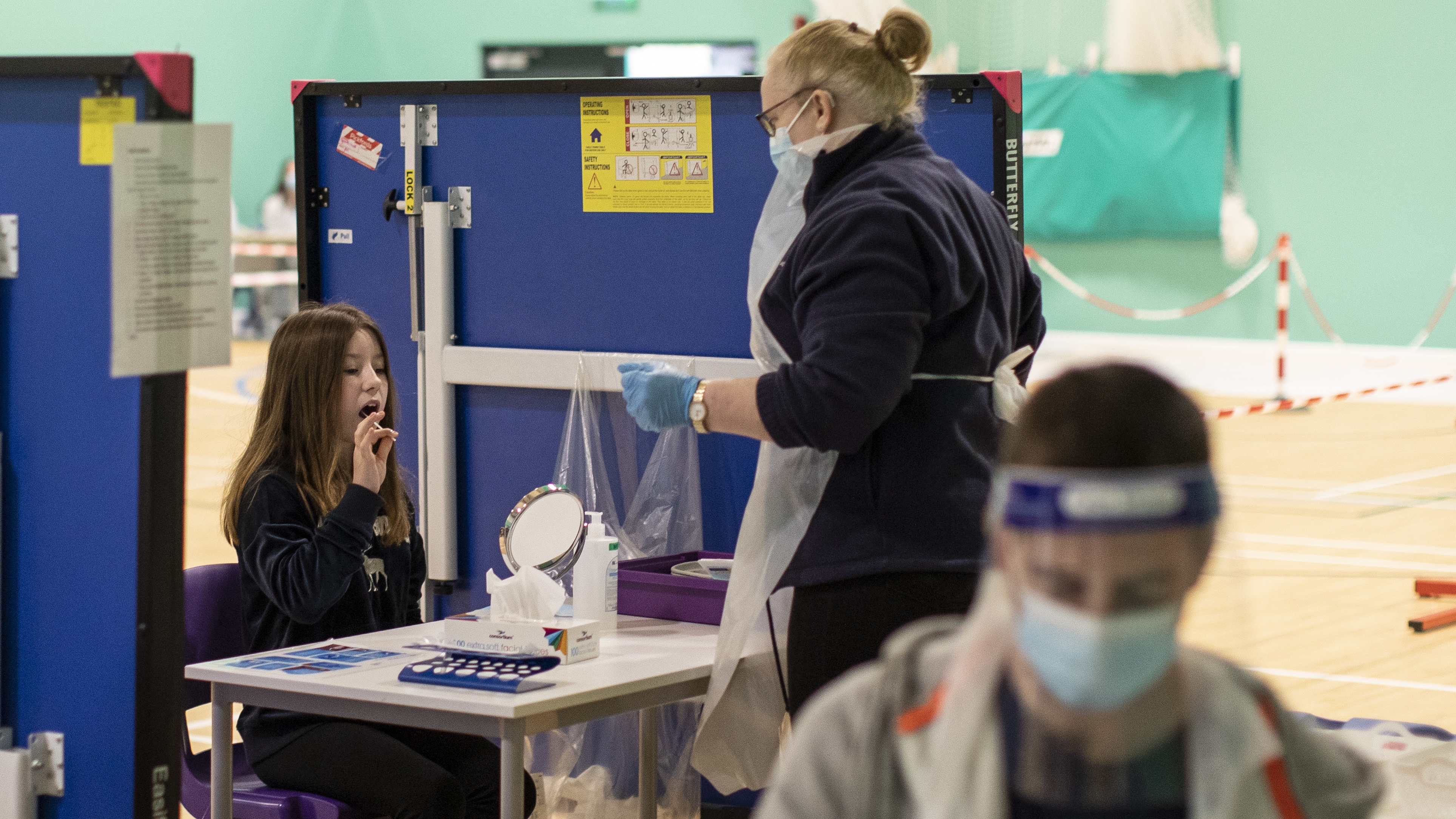 Why reopening schools may spell end of R-rate tracking
Why reopening schools may spell end of R-rate trackingfeature Uptick in Covid infections expected as children head back to classrooms
-
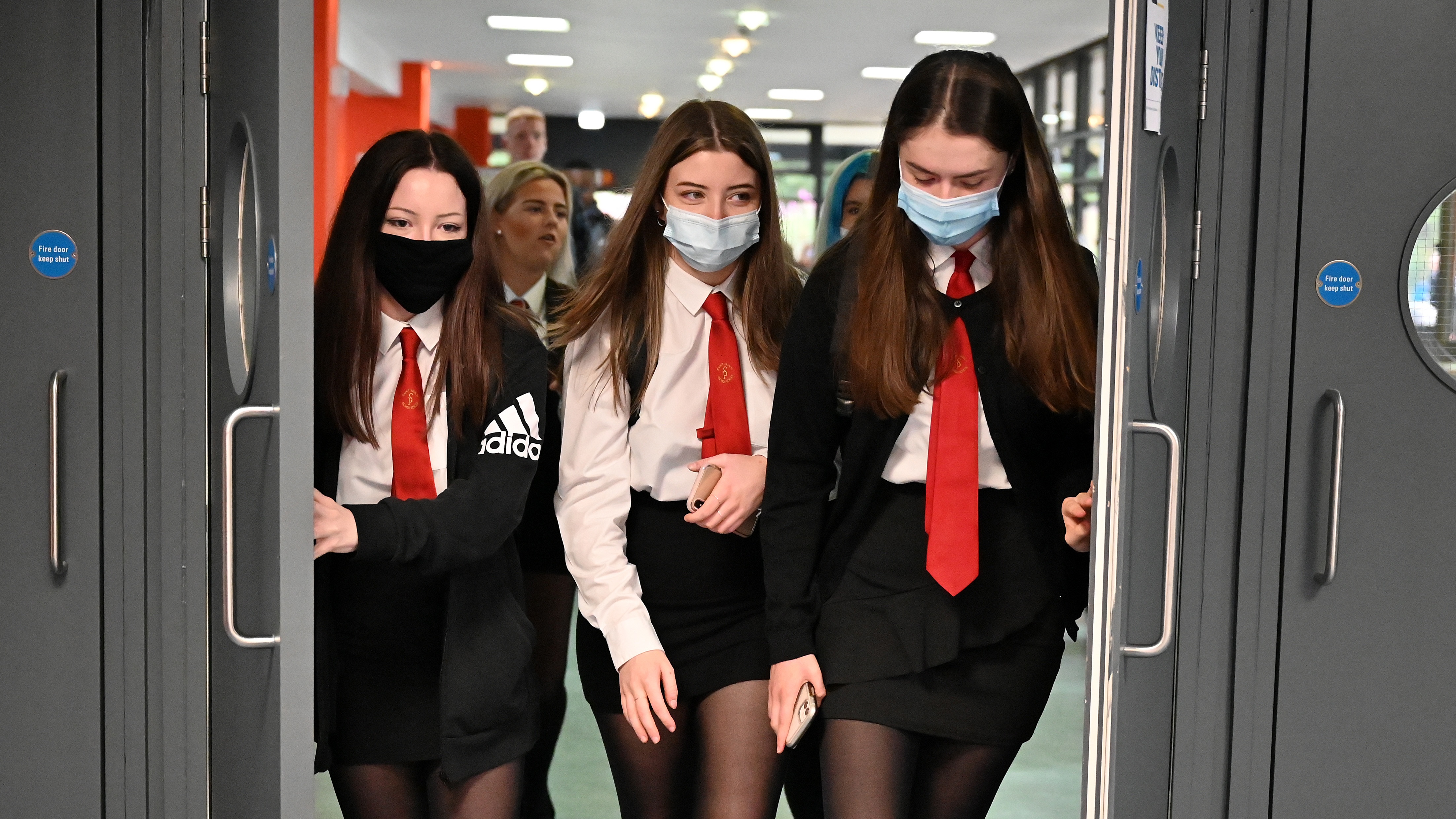 Everything we know about whether schools will be ready to reopen
Everything we know about whether schools will be ready to reopenfeature Teachers raise concern over introducing mass testing before students return
-
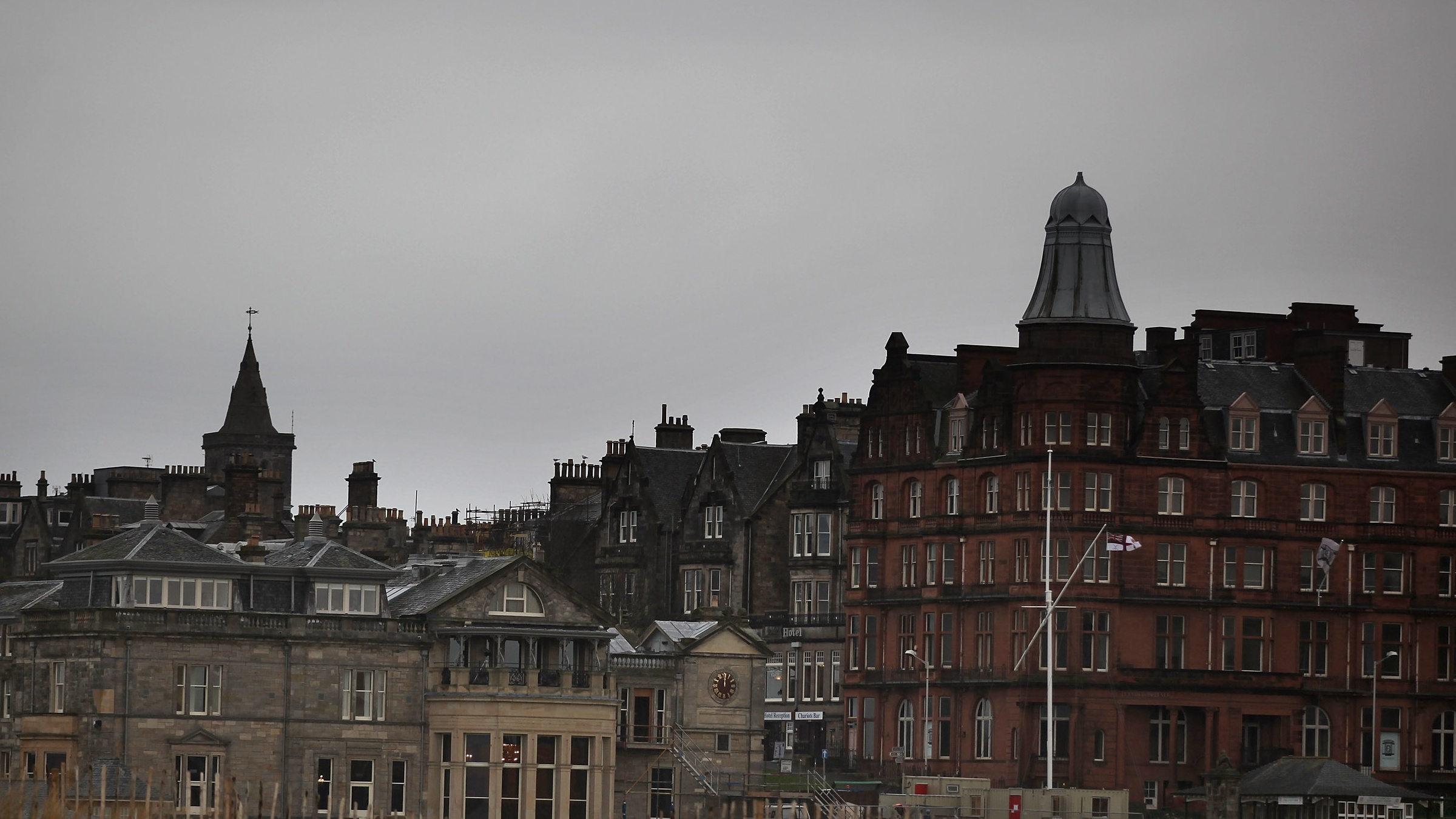 When will students be allowed back to university - and are they owed refunds?
When will students be allowed back to university - and are they owed refunds?Today's Big Question Government facing questions about whether tuition and accommodation fees will be repaid
-
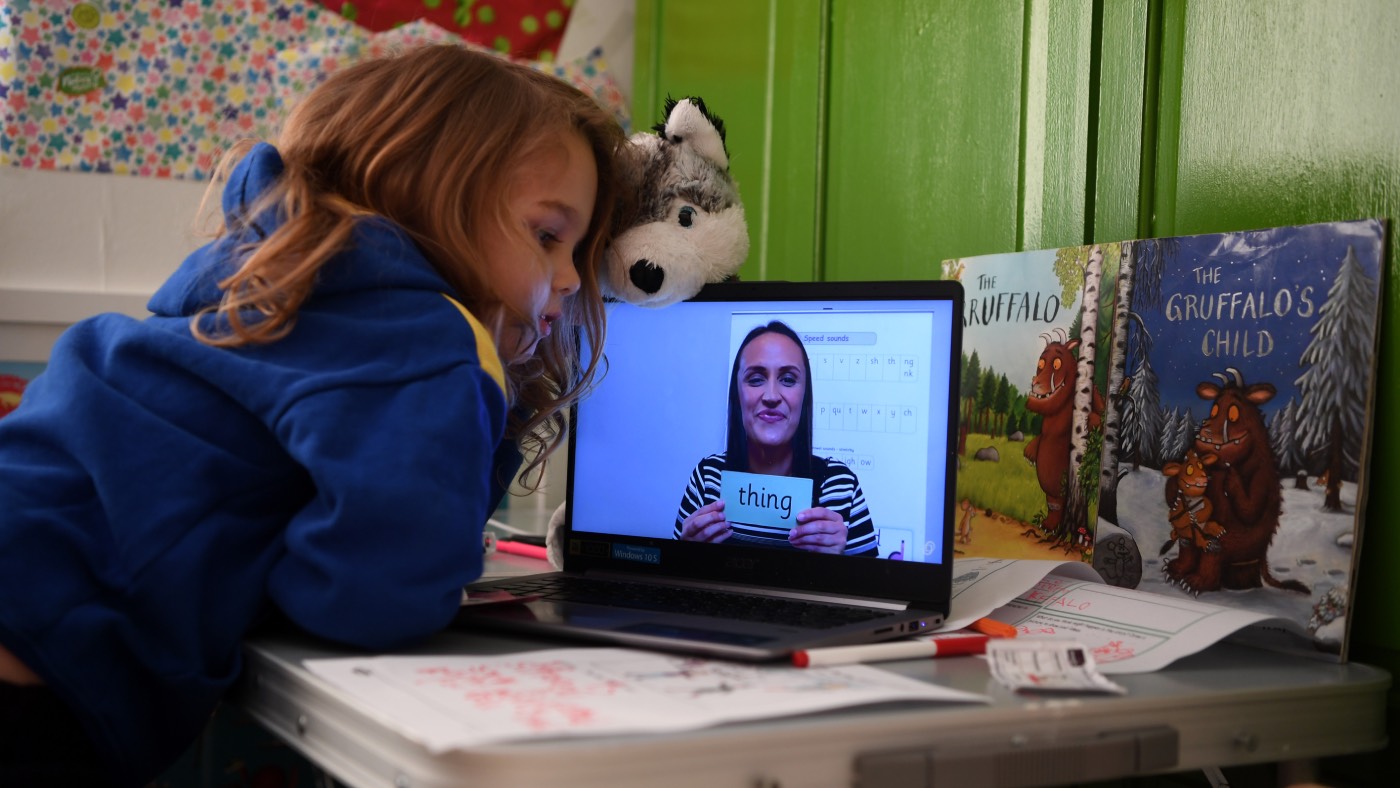 Coronavirus: when will the UK’s schools reopen?
Coronavirus: when will the UK’s schools reopen?Under the Radar Tory MPs threaten to revolt over plans to keep pupils at home until May